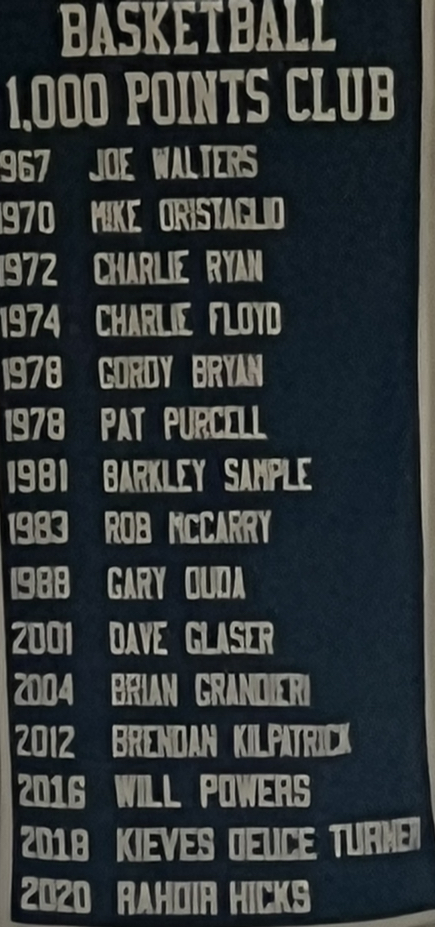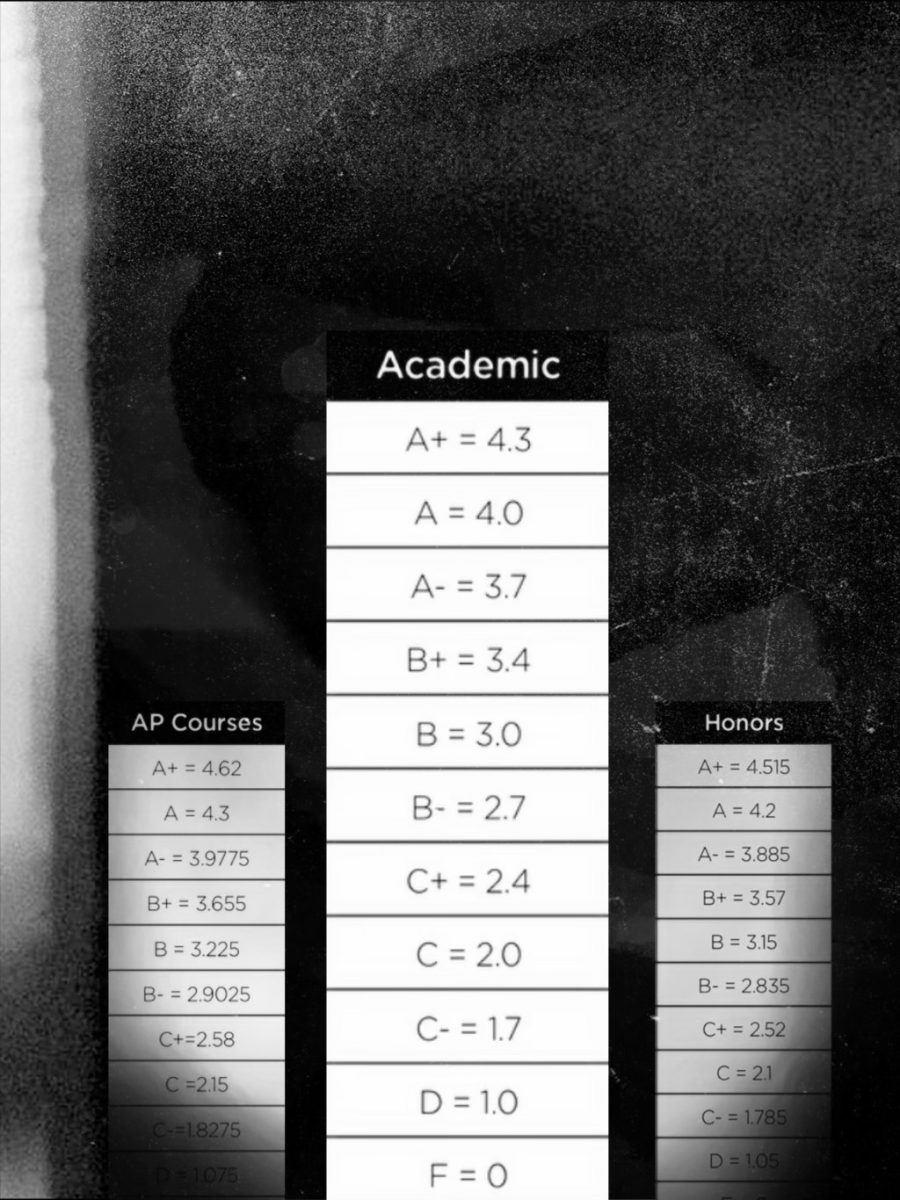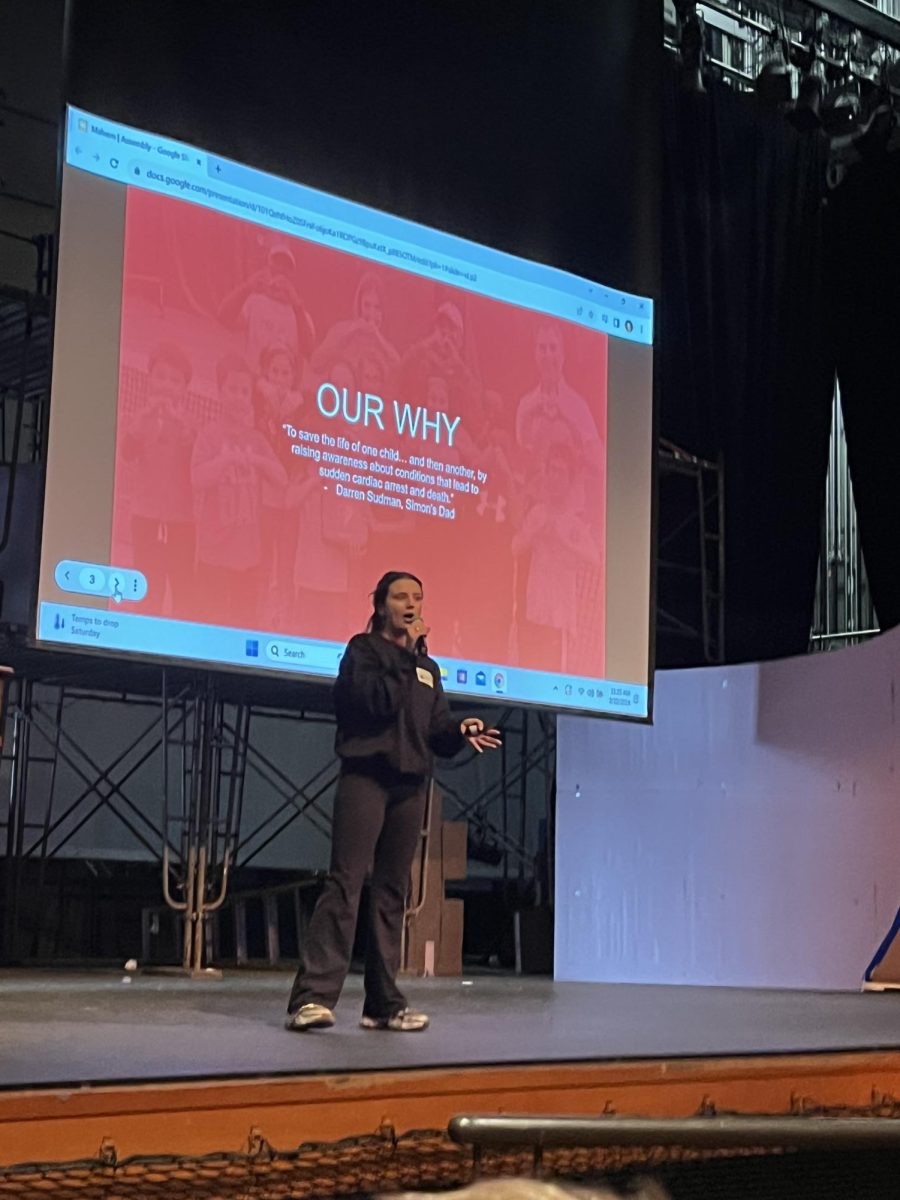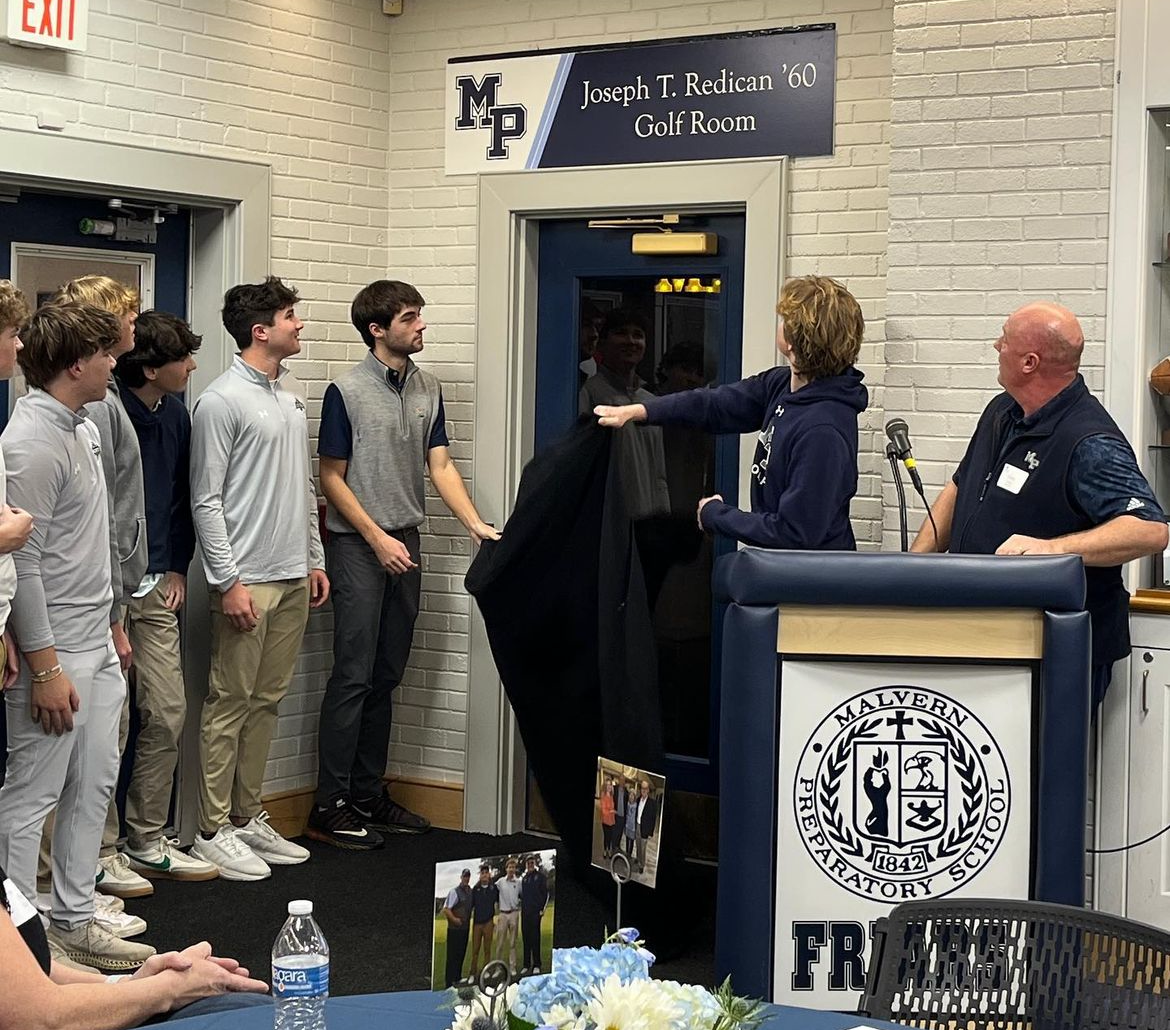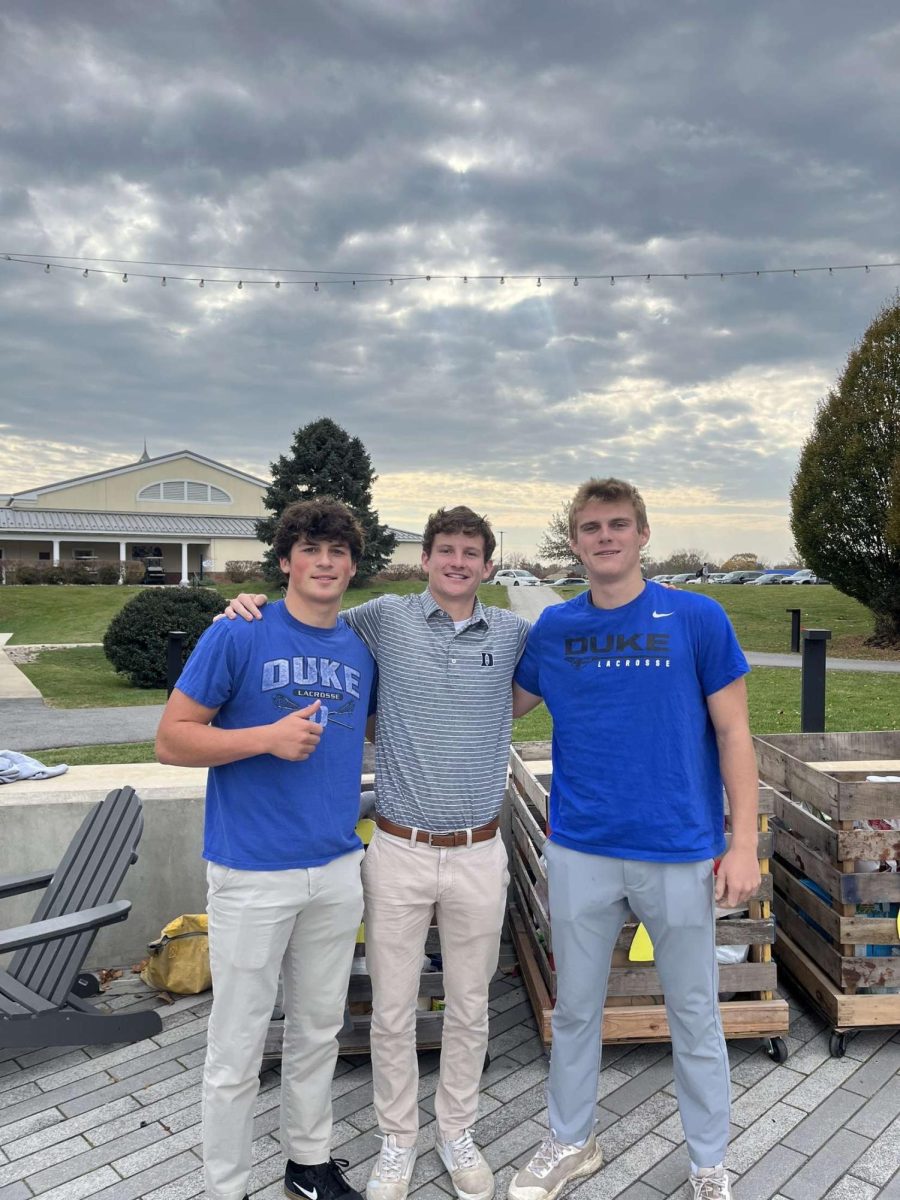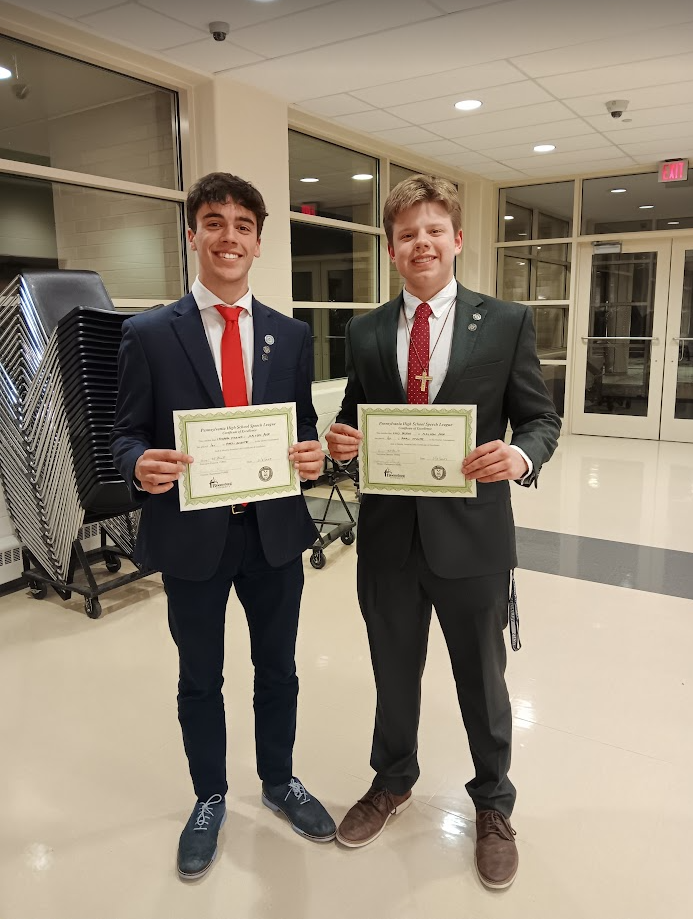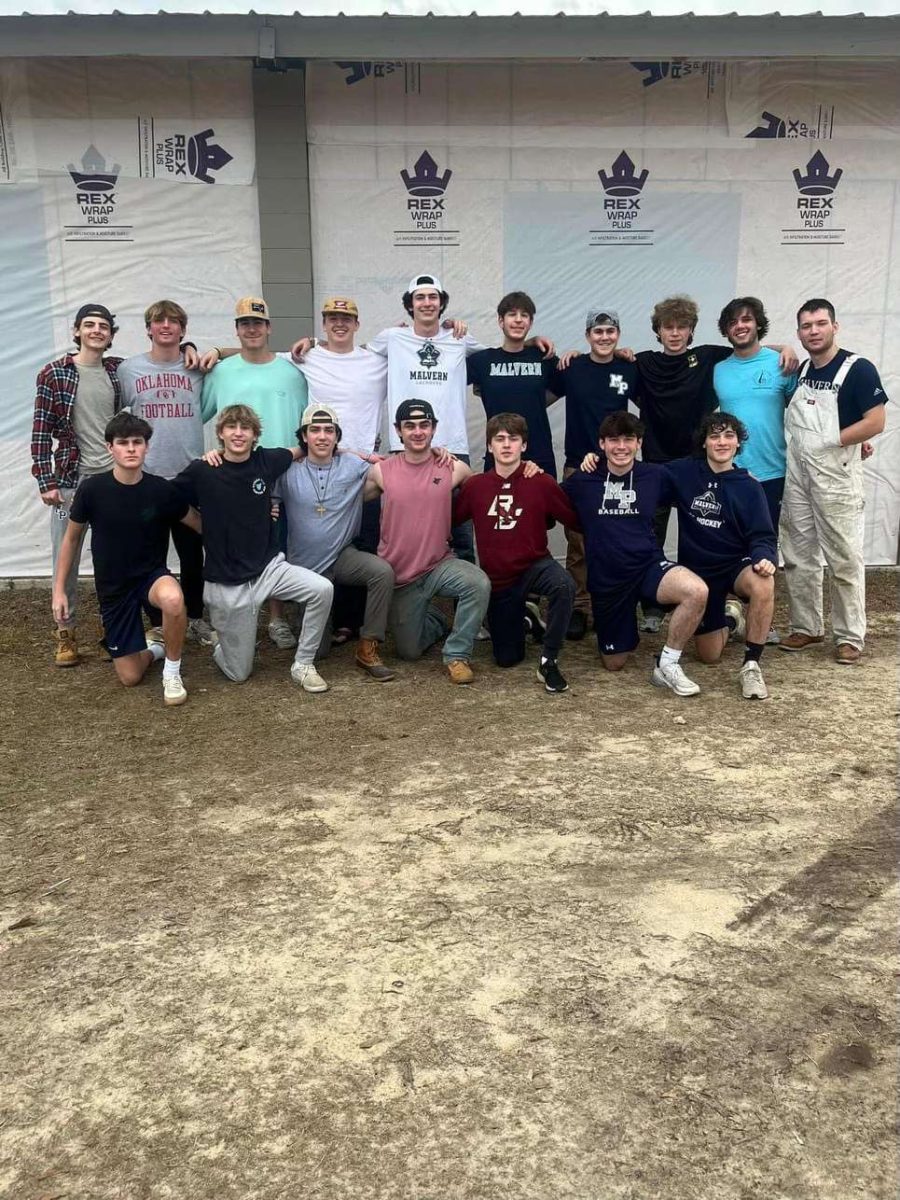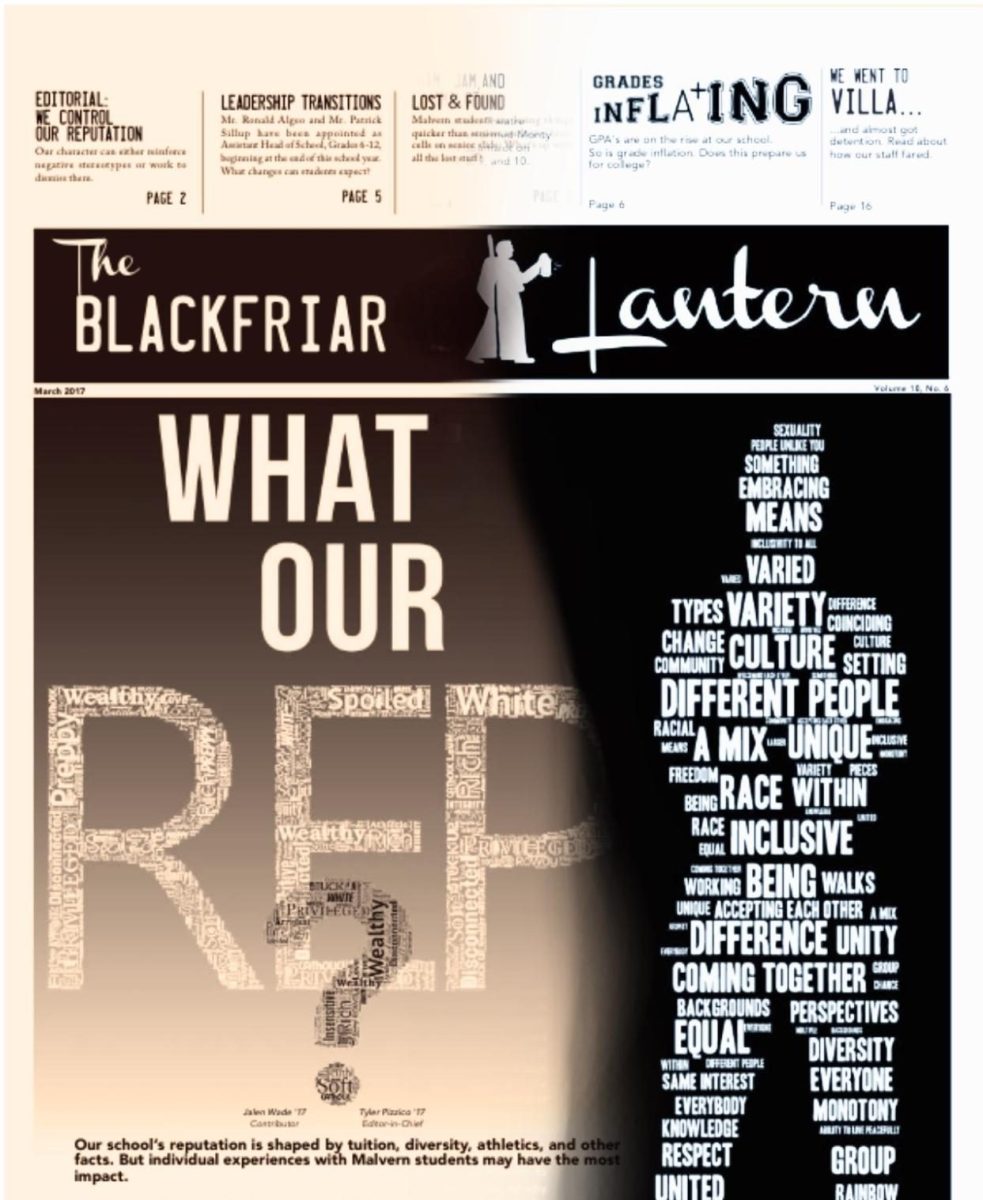Administration says Malvern’s style of learning will soon be prevalent in colleges. For now, students must adjust.
In the late spring of 2014, Matt Jones graduated from Malvern and expected to go onto college, earn a degree, and be successful— just like he thought every other Malvern graduate had.
But Jones derailed from that path.
Jones went on to the University of Pittsburgh in the fall of 2014, but he would only spend one year there.
“I thought I was going to get an engineering degree at Pitt,” Jones said. “I was starting to settle in and I found out I was no longer going to go to Pitt.”
 Jones left Pitt due to academic problems, and didn’t return after his freshman year.
Jones left Pitt due to academic problems, and didn’t return after his freshman year.
“I’m not going to lie, a lot of it was my fault. I didn’t approach college the way I should have my first run through,” he said. “I didn’t take it as seriously as I could have.”
When Jones went to Malvern, he had never heard of anyone having trouble in college. He always thought graduates earned a college diploma and went on to have great success.
“When I graduated Malvern, I didn’t know any kids who had graduated [from] Malvern that had failed out of school once or dropped out or anything like that,” Jones said. “I’m looking at kids in my grade and it’s not a simple step A to B process for everyone, and it just so happens I’m one of those guys.”
“I kind of felt hopeless for awhile because I went to Malvern,” he said. “I thought I wasn’t supposed to be struggling like this.”
Jones did not take the easiest possible path through Malvern. He took multiple honors and AP Classes. But he felt unprepared for the academic independence required in college.
“You can make the Malvern process as easy or as hard as you like it. There’s certain classes you can get away with messing around. There’s certain classes you can’t. The problem was, most of the classes I took, were classes I generally could get get away with slipping by. Looking back on that, I do wish I had taken Malvern more seriously.”
Jones wanted to go to the Naval Academy his entire life, but he was not accepted. He did not have much of a backup plan.
“When I came out of Malvern, I didn’t really know what I was going to be doing as far as college,” Jones said. “I went to Pitt because I applied to Pitt. [I] don’t know why I applied to Pitt, still to this day. I felt like I had to go to college.”
Jones doesn’t blame the teachers and curriculum, but himself for not taking Malvern classes seriously and not doing work outside of the classroom. After Malvern, he couldn’t get away with not doing all the required work.
“In college, I have classes where they don’t give you homework, but if you don’t learn the material, the professor doesn’t really teach the material,” he said. “I’m going to a class tonight where the professor expects that we know the chapter. He’s not going to teach any of the material that’s going to be on the test. He’s just going to be answering our questions, and if I didn’t read that chapter, I’m going to be completely lost and probably fail that test.”
“At Malvern, they always taught the stuff in class, so I never bothered to do the homework, per say. I never really forced myself to learn how to teach myself,” Jones added.
After his year at Pitt, Jones came back home and went to Delaware County Community College. He currently works between 24 and 30 hours per week while attending Penn State Brandywine full time. He hopes to get a job dealing with car part logistics and distribution.
Jones now has a plan that he can stick to, and knows how to manage his own academics.
“I guess I needed to not be in my comfort zone and to actually have academic problems,” he said. “To not to be able to return to Pitt was a wake-up call.”
 Head of the Upper School Mr. Ron Algeo said he thinks most Malvern students will be able to easily transition to a college education environment.
Head of the Upper School Mr. Ron Algeo said he thinks most Malvern students will be able to easily transition to a college education environment.
“Learning in this environment, then having to go to a college and sit still, listen, and take notes— I don’t think that’s a very difficult transition,” he said. “Do we want to get the learning right, to make it stick or do you just want them learn how to listen to a lecture so that they can do that in college?”
Director of College Counseling Mr. Ian Harkness said Malvern currently does not have a consistent way to track Malvern alumni’s progress in college. “We don’t have a good way to do it.”
According to Harkness, Malvern is looking to improve their ability to measure alumni progress and will most likely look to measure what percent of alumni graduate within four years.
 Harkness said Malvern’s teaching style is ahead of the curve. He said many colleges are in the process of shifting to an education style similar to Malvern’s.
Harkness said Malvern’s teaching style is ahead of the curve. He said many colleges are in the process of shifting to an education style similar to Malvern’s.
According to Harkness, colleges strive to prepare students for jobs by teaching them communication skills, problem solving skills, and critical thinking.
“Those things you can’t teach in a lecture. It comes through teamwork,” Harkness said. “The new style at Malvern can help prepare you in that you’re going to be much more comfortable in that style of learning, as colleges are beginning to transition. We hear about that more and more and more.”
Harkness said most educational innovations and developments start in high school and then work their way up to colleges.
“It’s harder to harness that bureaucracy across all colleges and disciplines,” he said. “We’re a lot smaller [and] can react more quickly to those changing styles and changing generations.”
Algeo said Malvern has tried to balance student independence with help from teachers. Malvern’s solution is to gradually add more freedom and independence for students as they go through Malvern.
“Developmentally, something happens there in terms of maturity. There are things like why is the drinking age 21 and not 18? Why is the driving age 16 and not 14? Physically you can reach the pedals and drive the car if you’re 14,” he said. “Without a doubt, that’s what we try to balance. Can we give our guys some exposure to that where they can practice it? But we also know you’re not a college student yet.”
 Arjun Menon ’15 is a sophomore at Drexel university majoring in Biology. He said he was able to adjust well and find his way at Drexel but added it’s more difficult to adjust later on in college when classes get harder.
Arjun Menon ’15 is a sophomore at Drexel university majoring in Biology. He said he was able to adjust well and find his way at Drexel but added it’s more difficult to adjust later on in college when classes get harder.
“At some point, you’re going to have to adapt. I think our initial tendency is to get by like we were doing before,” he said. “We’ll get by like that until we really can’t anymore. Some people may be at an all time low when they reach that point.”
Menon said he struggled with procrastination at Malvern and into college.
“I never thought I was afraid of failure until I realized I’ve never played this many iPhone games ever in my life before yet I’ve been sitting on the couch for the last 30 minutes playing brick breaker instead of picking up the [organic chemistry] book and trying to study it,” he said. “That’s the conflict. It’s time to identify a solution.”
He figured out he procrastinated most when he is overwhelmed and afraid of failure. So Menon breaks down work to make it as simple as possible.
Overall academically, Menon said he felt prepared for college and actually found college to be easier than high school in some ways. He came in with a sense of confidence because he retook classes that his AP classes covered at Malvern.
Fellow Drexel student Caleb Kao ’15 is majoring in Mechanical Engineering. He remembers the confusion he had during his first college lecture.
“It was an Engineering 101 lecture,” Kao said, “I remember sitting there in that lecture hall thinking, ‘What are they talking about? Should I be taking notes? Should I not be taking notes?’”
Kao said his first day of college reminded him of a story history teacher Mr. Tom McGuire told him about a fish.
“Suppose you have a fish. You’re given the fish and [told], ‘Do whatever you want with it,’” Kao said. “Some people don’t know what you’re supposed to do with it. That’s kind of how I felt the first day. I had no idea what to do.”
Not being told what to do was somewhat new to Kao. At Malvern, he said he was always told what to do.
“In high school, you rely on the teachers a lot. You ask them for help. You can ask them, ‘What’s on the test? What’s on this? What’s on that?’” He said. “The [college] professors, they’re more of a guide. They’re not necessarily going to spoon feed you all the time.”
Kao said he biggest problem was a lack of a planned approach to college. He wasn’t sure how to optimally study, so he struggled to find a method and rhythm that worked for him.
Unlike Kao, Andrew Stetser ’15, who is majoring in Media and Communications Studies at Ursinus College, said he adjusted to college smoothly. He loved the freedom and independence that came with college.
Stetser said Malvern’s counseling department, freshman orientation, and his freshman residential adviser helped his adjustment. “I was really well prepared with the counselors that had helped me at Malvern like Ms. Wuetig, Dr. Sayers, Mr. Roper.”
Stetser also said Mr. Roper’s Honors British Literature class helped him prepare with college, along with the rest of Malvern’s curriculum.
“I feel like the caliber of education at Malvern is something that is really prepares you for college,” he said. “One of the best things they did was implementing the [block] schedule. That absolutely just helped me so much at Ursinus, because being able to plan what you need to do for different days… is really what the real world is like and what college is like.”
Eventually Kao figured out an academic routine for college. His studying theme became “whatever works for you,” after one of his professors told him that. He said this was different than his experience at Malvern, where he was also told how to approach his studies.
“You can do whatever you want. You can take notes your own way. You can study your own way. You can do your homework your own way,” Kao said. “It doesn’t matter.”
Kao said he would have liked to learn more at Malvern about how college functions academically and what to expect there. Menon wishes he had tried to develop while he was at Malvern is faster reading.
“The only way to do that would have been to have read every single reading assignment I’ve ever been given in high school, middle school,” he said. “That would have certainly forced me to have developed a faster reading pace.”
Menon still appreciates some of the lessons Malvern taught him, specifically introspection and trying to understand the self.
“I would not have been able to make the realizations that I had made [and] decide the way I tackle everything if I wasn’t looking inwards as much instead of trying to face the truth,” he said. “I think that’s something Malvern instilled in me.”
Stetser said his biggest area of adjustment came culturally, specifically relating to race and gender. Although, he said the Christian service program helped him empathize with others.
Stetser has some last advice for his fellow friars entering college.
“Your actions really affect other people. You should really use the values of that you learn of brotherhood and extend it to the greater community after Malvern,” he said. “Go out and live the values caritas, unitas, and veritas. That’s really one of the ways Malvern really prepares you to be a citizen of the world.”


